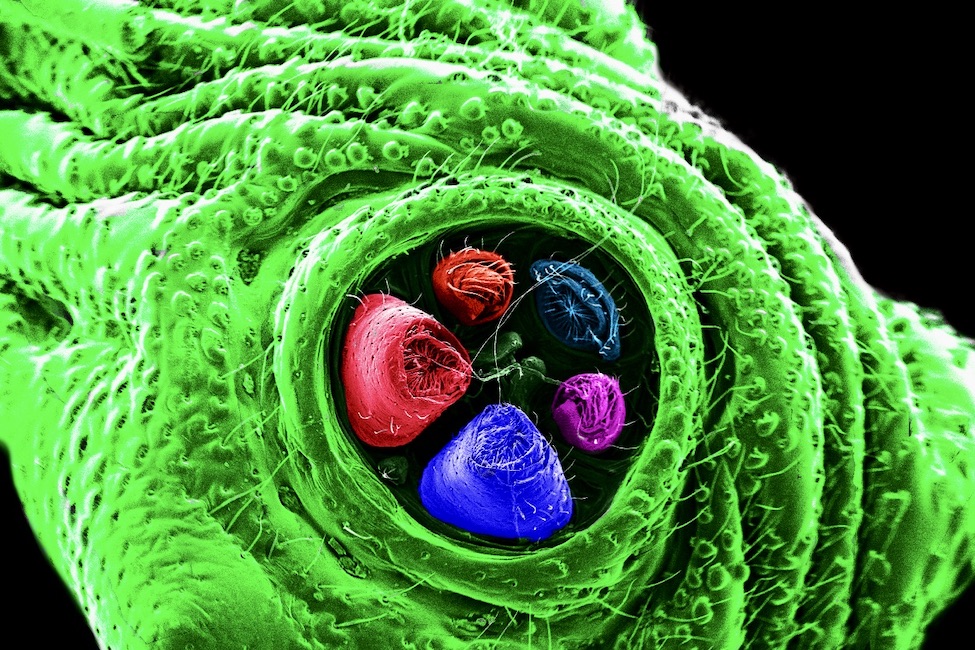
It's Not Too Late to Cast Your Vote...For Best FAU Research Images
FAU is giving everyone the chance to cast their votes (again), but this time for the best images captured by its researchers in a contest that highlights work from across all of FAU's 10 colleges.
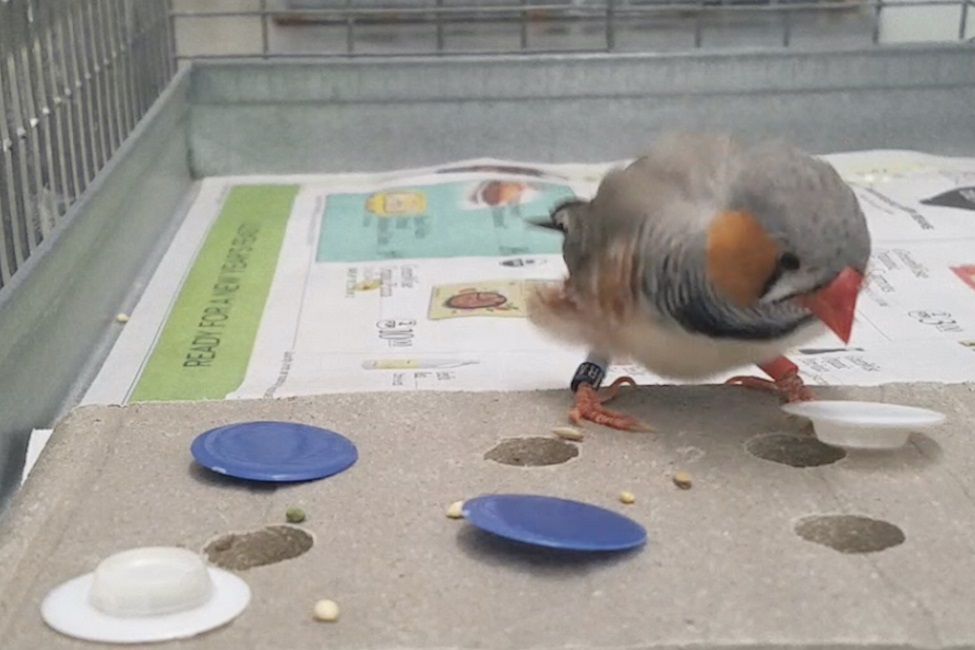
Study First to Show Relationship between a Bird's Gut and its Brain
FAU scientists studied songbirds' gut microbiome and have identified potentially critical bacteria affecting cognition and performance.
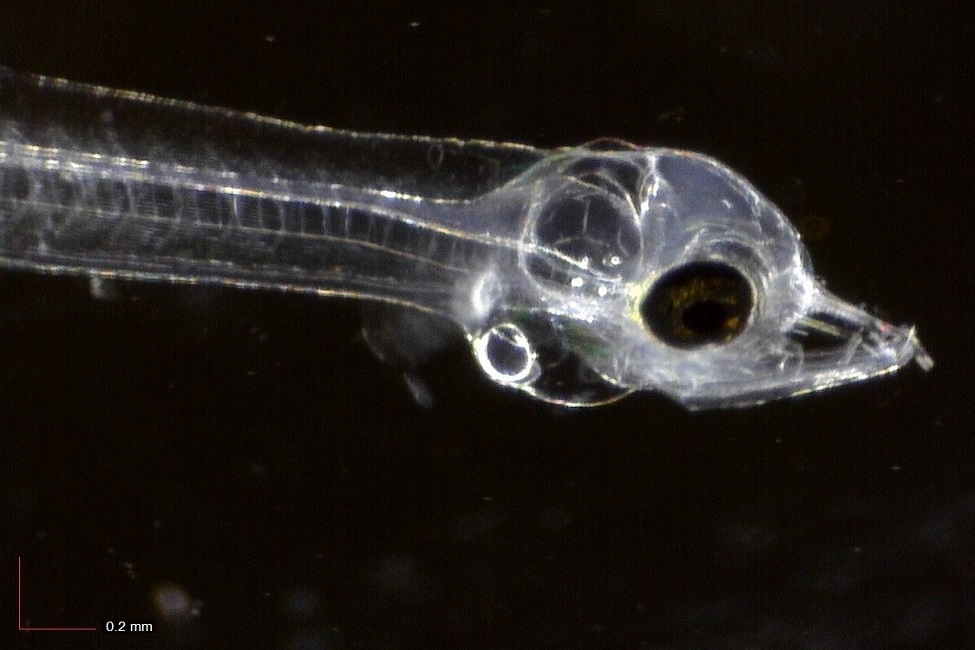
Scientists are First in the World to Spawn Bonefish in Captivity
FAU Harbor Branch and Bonefish & Tarpon Trust have reached a groundbreaking milestone in fish reproduction research by successfully inducing captive bonefish to spawn in aquaculture tanks.
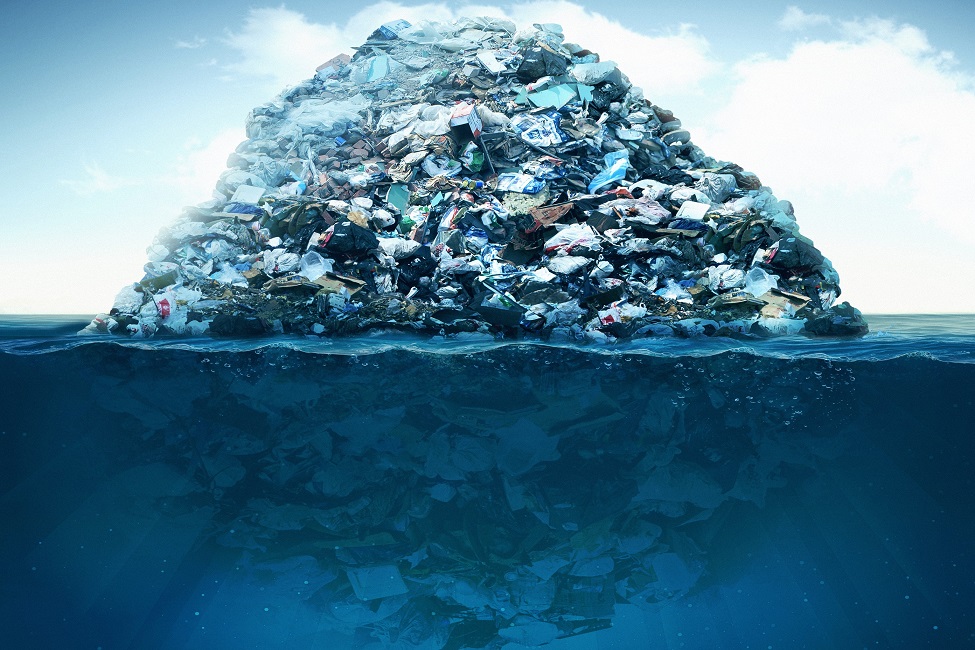
Novel Study First to Tally Biomass from Oceanic Plastic Debris
FAU Harbor Branch scientists and collaborators have obtained a quantitative number for biomass from oceanic plastic debris using a novel visualization method that provides the first estimate of its kind.
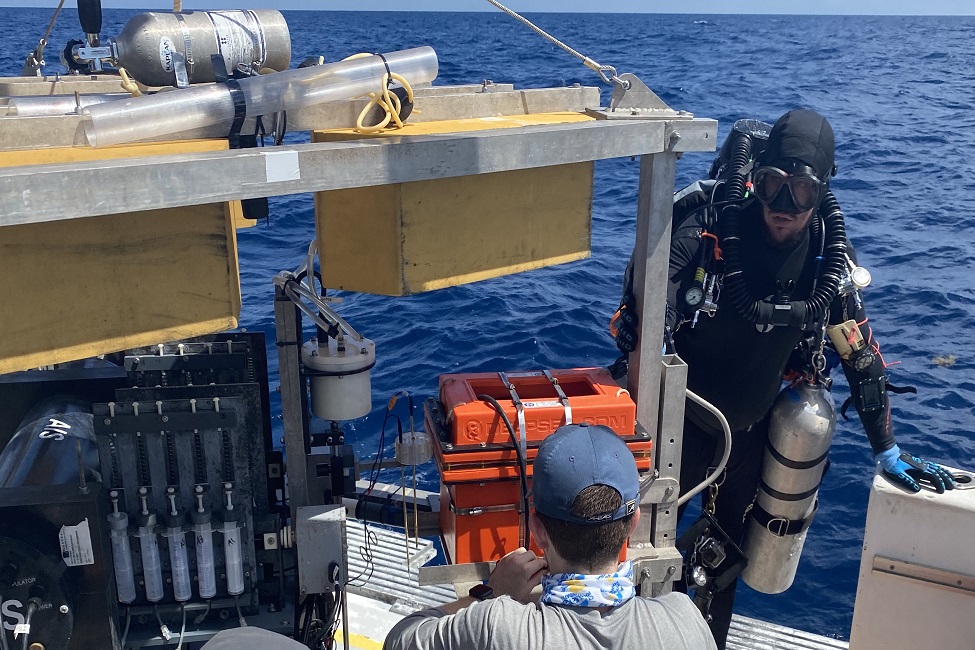
Gulf of Mexico Mission: 'Ocean Blue Holes Are Not Created Equal'
A team of scientists from FAU's Harbor Branch and collaborators recently explored the depths of the "Green Banana" Blue Hole thanks to gutsy scuba divers and an innovative 500-pound autonomous benthic lander.
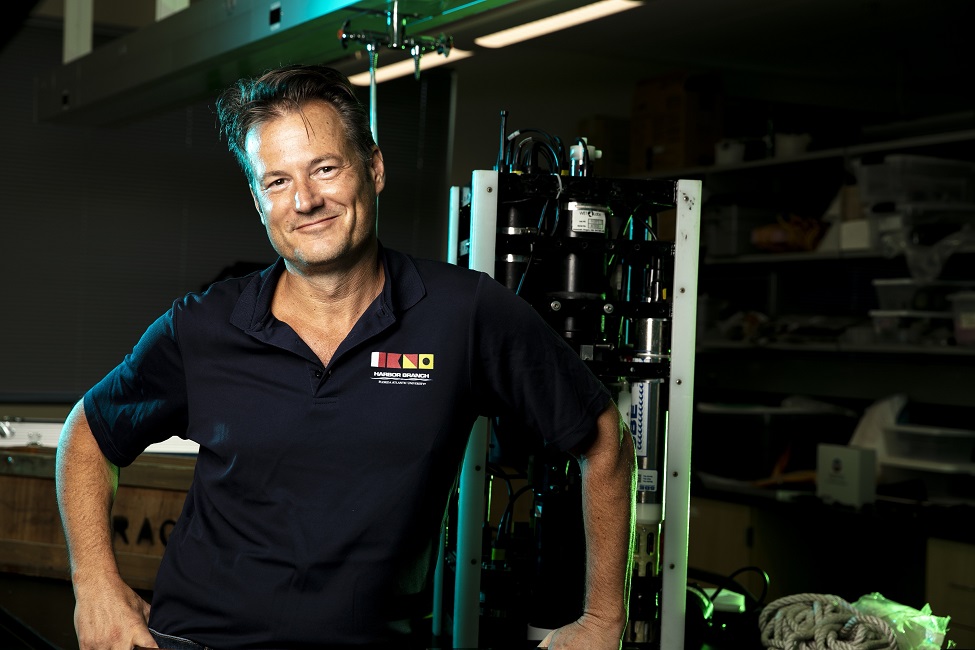
FAU Lands $11 Million Contract from U.S. Office of Naval Research
FAU's Harbor Branch has landed an $11,179,001 contract from the U.S. Office of Naval Research to develop a next-generation bathyphotometer sensor for natural oceanic bioluminescence assessments.
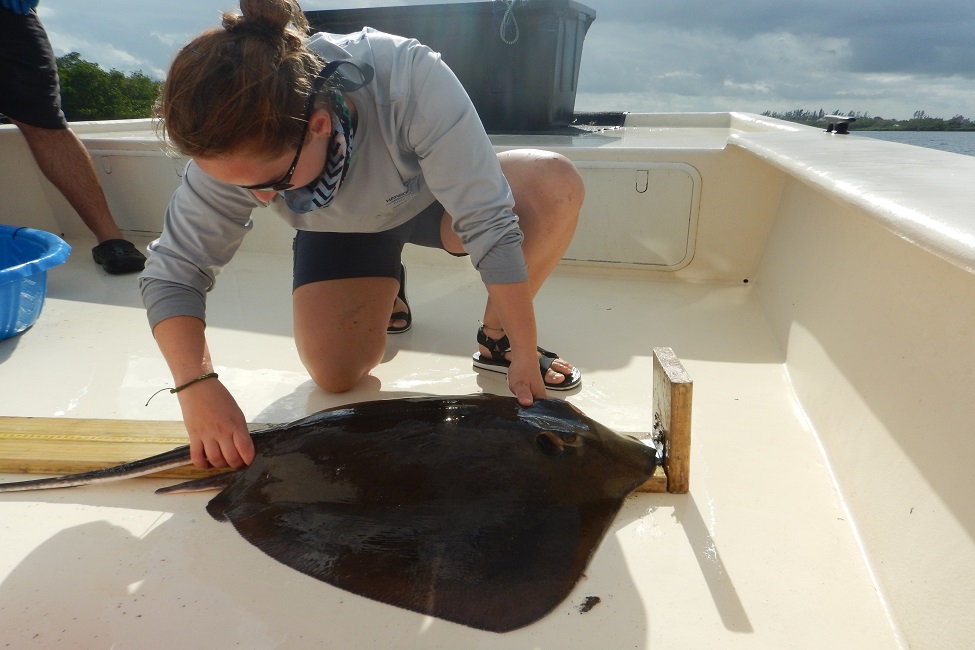
Scientists Catalogue Shark and Ray Distribution in Florida Lagoon
FAU Harbor Branch researchers conducted the first long-term, in-depth analysis of the elasmobranch community in the southern Indian River Lagoon, categorizing 630 individuals of 16 species.
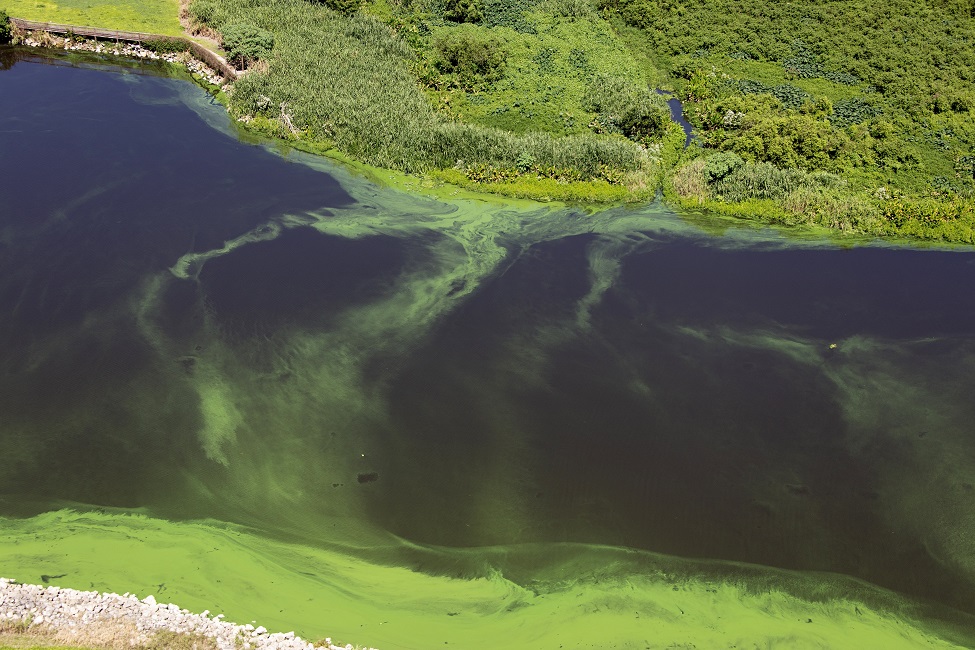
FAU Awarded $2.2 Million to Monitor Algal Blooms in Lake Okeechobee
A scientist from FAU's Harbor Branch received a grant from Florida's Department of Environmental Protection to develop a sensing and visualization package to monitor harmful algal blooms in Lake Okeechobee.
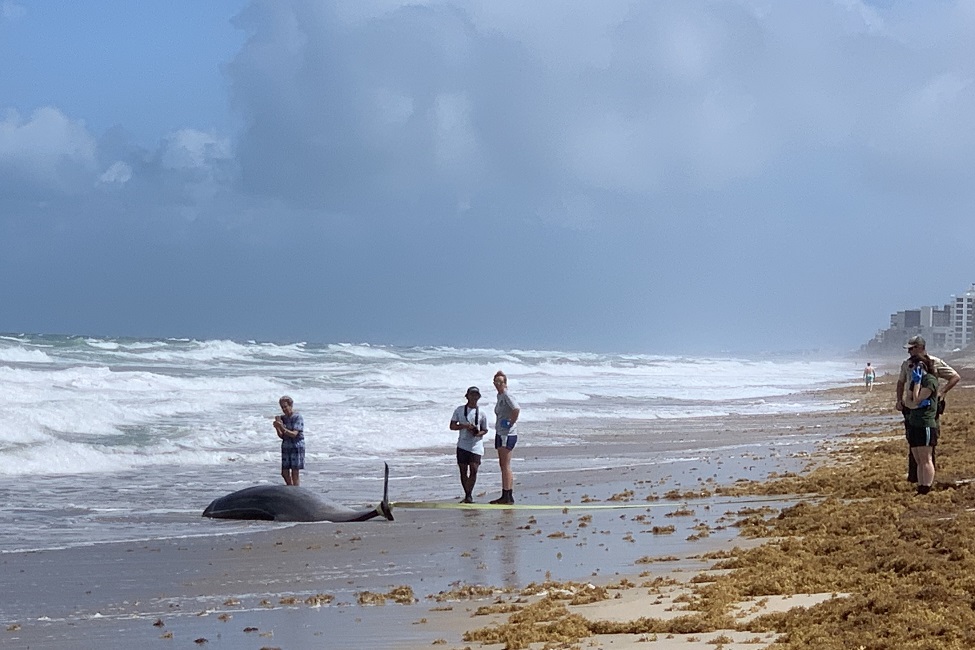
High Levels of Toxic Pollutants Found in Stranded Dolphins and Whales
A study led by FAU's Harbor Branch examined 83 stranded dolphins and whales in North Carolina and Florida. Researchers looked at 11 different animal species to test for 17 different substances.
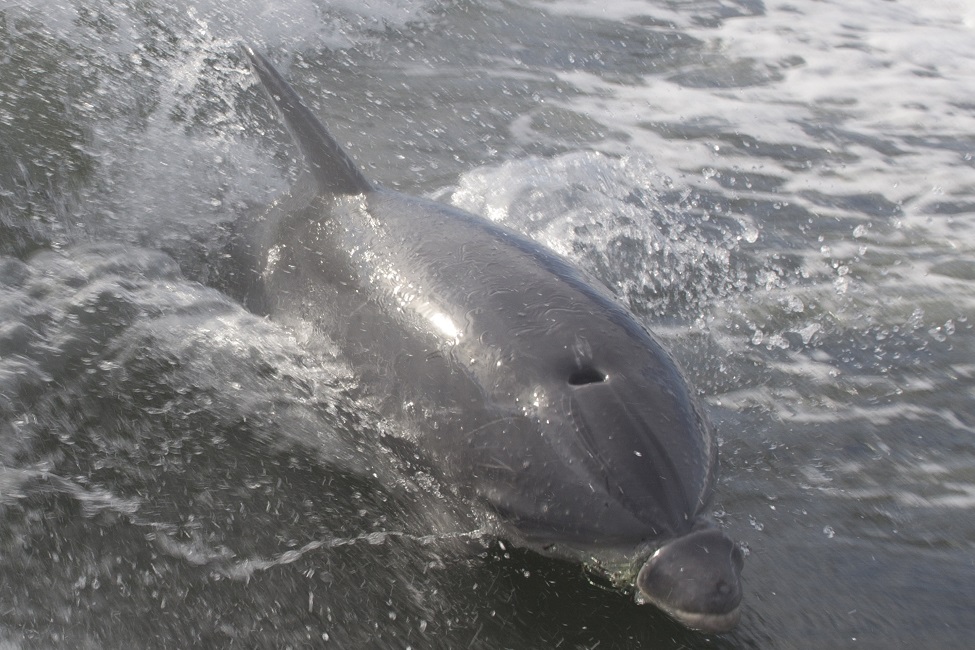
Entangled Dolphin Calf Only Lived Two Years Following Rescue
FAU Harbor Branch researchers examined the outcome of a bottlenose dolphin calf in the Indian River Lagoon entangled in fishing line wrapped tightly around its upper jaw and found severe, long-term damage.